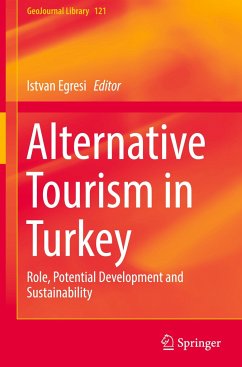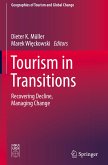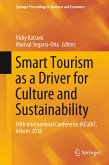This book takes inventory of and evaluates the available resources for the development of alternative tourism in Turkey. It examines the role of alternative tourism in future tourism development plans and proposes public policies necessary to assure sustainability. Although tourism started later in Turkey than in the Western Mediterranean countries it has grown very rapidly during the last three decades and today the country ranks among the top ten countries in the world in terms of both arrivals and receipts. However, most of the tourism development has been in the mass tourism sector or the so-called sun-sea-sand tourism. While crucial for the economic development of Turkey, mass tourism, in the absence of proper planning, has happened in a haphazard manner leading to numerous environmental and socio-cultural problems. This book argues that, in order to mitigate these problems, Turkey should encourage the development of alternative forms of tourism.
Bitte wählen Sie Ihr Anliegen aus.
Rechnungen
Retourenschein anfordern
Bestellstatus
Storno








